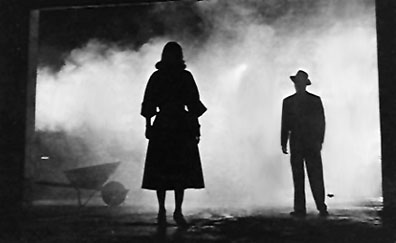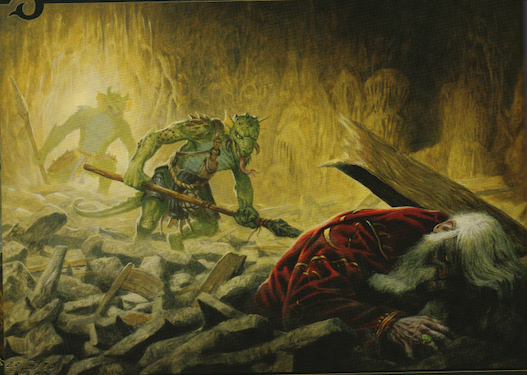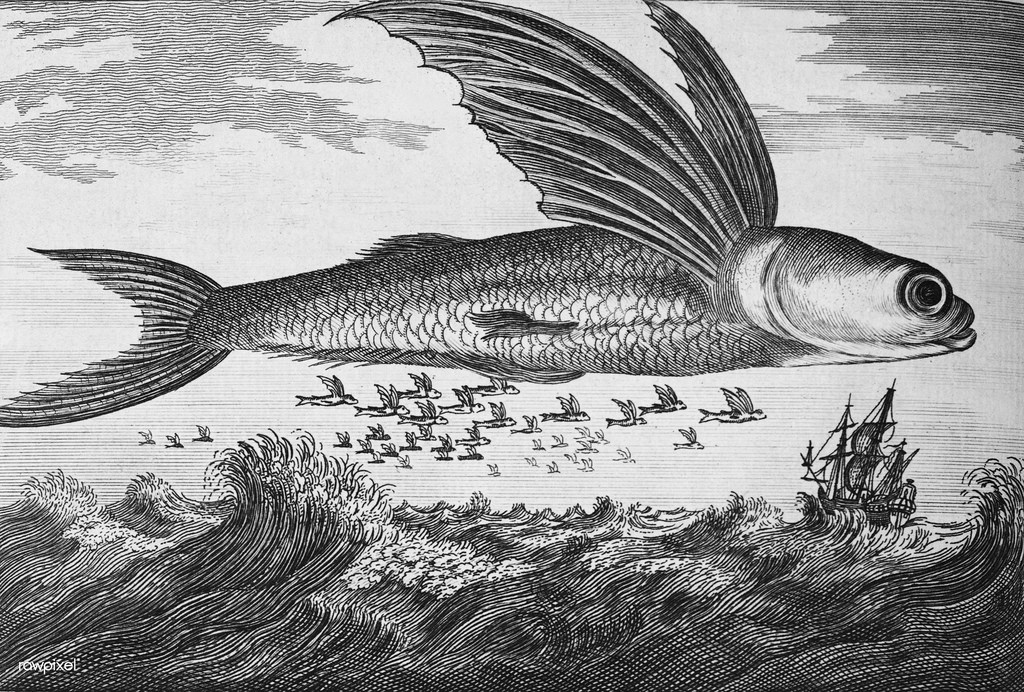Lets get back to talking about adventures in the general sense. One thing that occurred to me is how much the intersection of setting, genre, and theme affects the premise of your adventure. Between the four of them, they really set the foundation for your storytelling. If you use a rare combination of them, they can help make your adventure unique and special. Lets dig in!
Premise
 The premise is essentially the elevator pitch of your adventure; it’s what the adventure represents at it’s core. This can be really simple or a bit complicated, but the easiest adventures to write have a simple premise. Paizo’s module Dragon’s Demand by Mike Shel is a fantastic adventure! However, it has a really simple premise, “A dragon demands tribute from a local settlement.” Your premise doesn’t have to be wazoo, crazy to be a good adventure. It just needs to have all the dramatic and mechanical elements present, varied, and balanced.
The premise is essentially the elevator pitch of your adventure; it’s what the adventure represents at it’s core. This can be really simple or a bit complicated, but the easiest adventures to write have a simple premise. Paizo’s module Dragon’s Demand by Mike Shel is a fantastic adventure! However, it has a really simple premise, “A dragon demands tribute from a local settlement.” Your premise doesn’t have to be wazoo, crazy to be a good adventure. It just needs to have all the dramatic and mechanical elements present, varied, and balanced.
Ok, so you have a premise—lets go with something super simple: “Bandits raid a settlement and block trade.”
This could be any of a million different adventures, so where do you start? What are you going to write about?
Setting
 Where are these bandits? What sort of settlement are we talking about? If we compare Paizo products, there’s a big difference between Pathfinder’s Golarion setting and Starfinder’s Pact Worlds setting. One gives you access to just about every fantasy element you can think of and the other gives you laser guns, cyber-ware, and faster-than-light travel. Even within one of these settings, there is a huge difference between a settlement on Golarion at the edge of the Verduran Forest or one in the middle of the Rahadoum desert. In the Pact Worlds, a mining colony in the Diaspora and a Vesk imperial colony are also going to have different challenges and expectations.
Where are these bandits? What sort of settlement are we talking about? If we compare Paizo products, there’s a big difference between Pathfinder’s Golarion setting and Starfinder’s Pact Worlds setting. One gives you access to just about every fantasy element you can think of and the other gives you laser guns, cyber-ware, and faster-than-light travel. Even within one of these settings, there is a huge difference between a settlement on Golarion at the edge of the Verduran Forest or one in the middle of the Rahadoum desert. In the Pact Worlds, a mining colony in the Diaspora and a Vesk imperial colony are also going to have different challenges and expectations.
The context of where your adventure takes place will affect the types of NPCs your players will encounter, the options available to them when building their characters, the resources at their disposal, and the types of hazards they may face. Consider all of these options, as well as other story implications, when choosing a setting.
When writing for publication, you’ll probably have most or all of your setting dictated to you by the publisher. Don’t be discouraged, though. There’s usually a little bit of wiggle room. If your publisher tells you that the adventure takes place on an island in Golarion, you might still be able to determine what sort of flora and fauna grow there, what the locals do for food and commerce, and what type of government they have. Look for the blank spots in the given setting and fill them in; this will help inform your writing decisions.
Genre
 There are SO many types of genre out there: horror, comedy, action, thriller, survival, political intrigue, etc. Once again, we see a huge impact on our adventure. Lets assume for a moment that we choose the setting as a small logging town on the edge of the Verduran Forest. If it’s a cosmic horror, there could be something in the woods mind-controlling the bandits. Perhaps the bandits are masquerading fey trying to dissuade the logging companies from chopping down trees, which could turn this into a comedy. A political intrigue take could be that the bandit leader is a Taldan noble who’s run away from home and wants to play at being a robber baron; killing him could start an international incident between Andoran and Taldor. Even survival could be interesting if the bandits are powerful and have cut off all supplies going to and from the town. They make no demands and kill anyone they cross if they leave the town’s borders; how can you help the town survive while dealing with the bandit problem?
There are SO many types of genre out there: horror, comedy, action, thriller, survival, political intrigue, etc. Once again, we see a huge impact on our adventure. Lets assume for a moment that we choose the setting as a small logging town on the edge of the Verduran Forest. If it’s a cosmic horror, there could be something in the woods mind-controlling the bandits. Perhaps the bandits are masquerading fey trying to dissuade the logging companies from chopping down trees, which could turn this into a comedy. A political intrigue take could be that the bandit leader is a Taldan noble who’s run away from home and wants to play at being a robber baron; killing him could start an international incident between Andoran and Taldor. Even survival could be interesting if the bandits are powerful and have cut off all supplies going to and from the town. They make no demands and kill anyone they cross if they leave the town’s borders; how can you help the town survive while dealing with the bandit problem?
Try and find a genre that works well for the story you’re trying to tell. Lean on some of the tropes of that genre and subvert others. Keep your players guessing with the twists and turns, but also having a reasonable expectation of what’s in store for them by using commonalities to your genre. An action adventure should have lots of combats, pretty straight forward good and bad guys, and some dazzling set pieces. A mystery should always be asking more questions than it answers while leaving a trail of seemingly unconnected clues until the players put all of the pieces together. Use these genre tropes to help guide your writing, but don’t let them take control.
Theme
 “Isn’t theme the same as genre?” Nope. You can certainly have a theme that is quite congruent with your genre, like a horror with a theme of “question reality.” A theme like “chaos and order” might have fantastic implications in our bandit adventure as the bandits try and live as they please, taking what they want while the townsfolk strive to live a more orderly life and follow the rules. Other great themes for role-playing games are change vs. tradition, coming of age, dangers of ignorance, inevitable death, escapism, faith and doubt, fate vs. free will, and vanity/hubris.
“Isn’t theme the same as genre?” Nope. You can certainly have a theme that is quite congruent with your genre, like a horror with a theme of “question reality.” A theme like “chaos and order” might have fantastic implications in our bandit adventure as the bandits try and live as they please, taking what they want while the townsfolk strive to live a more orderly life and follow the rules. Other great themes for role-playing games are change vs. tradition, coming of age, dangers of ignorance, inevitable death, escapism, faith and doubt, fate vs. free will, and vanity/hubris.
By selecting your theme, it helps to guide some of the imagery and subtle story moments that you can connect to in your work. Birth and death could make a very interesting theme if we see cultists of Lamashtu literally birthing horrors into the world, subverting the view that birth and the creation of life is a wonderful thing. Once you’ve selected a theme, keep it where you can see it while writing as a constant reminder so you can tie it all together and help the story feel unified.
So there you have it, the 4 foundations of your adventure. What sort of adventure will you write next? How are you going to use these 4 elements to strengthen your storytelling? Leave a comment below or engage others in the Know Direction Discord chat.






